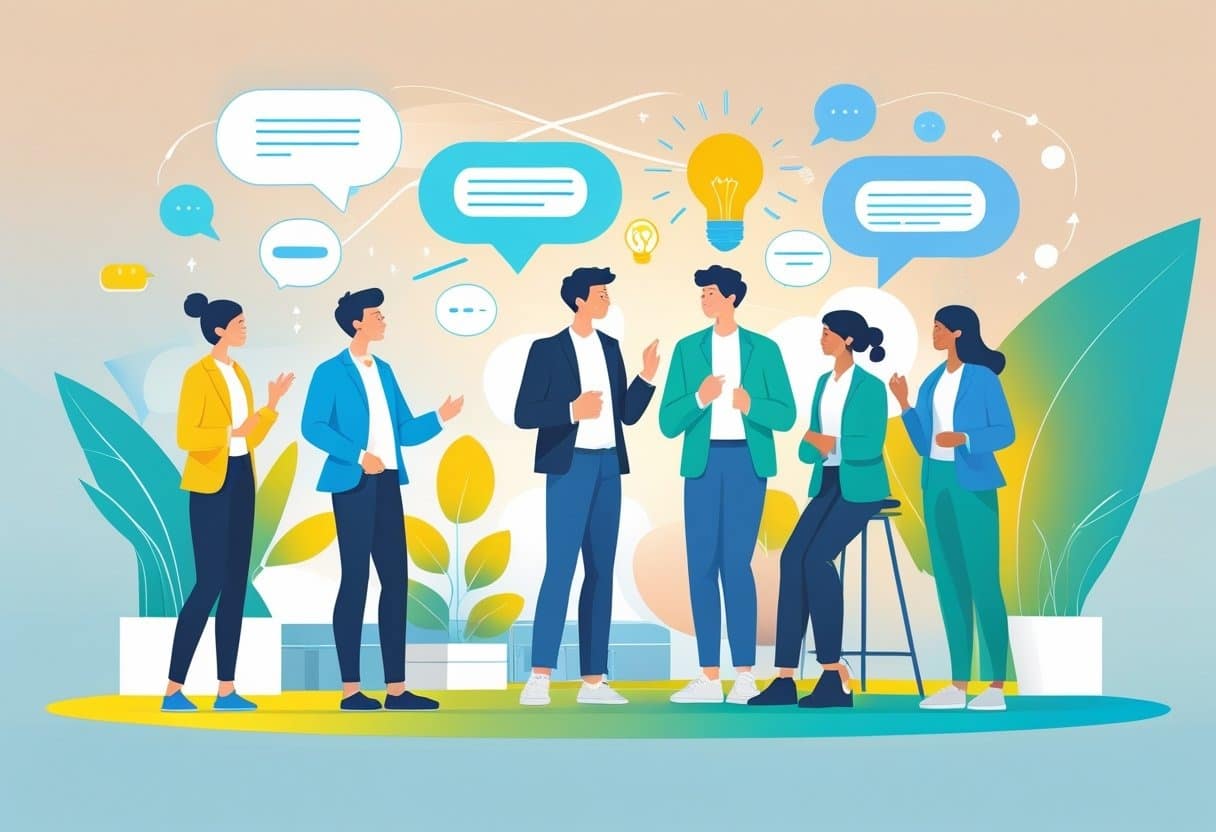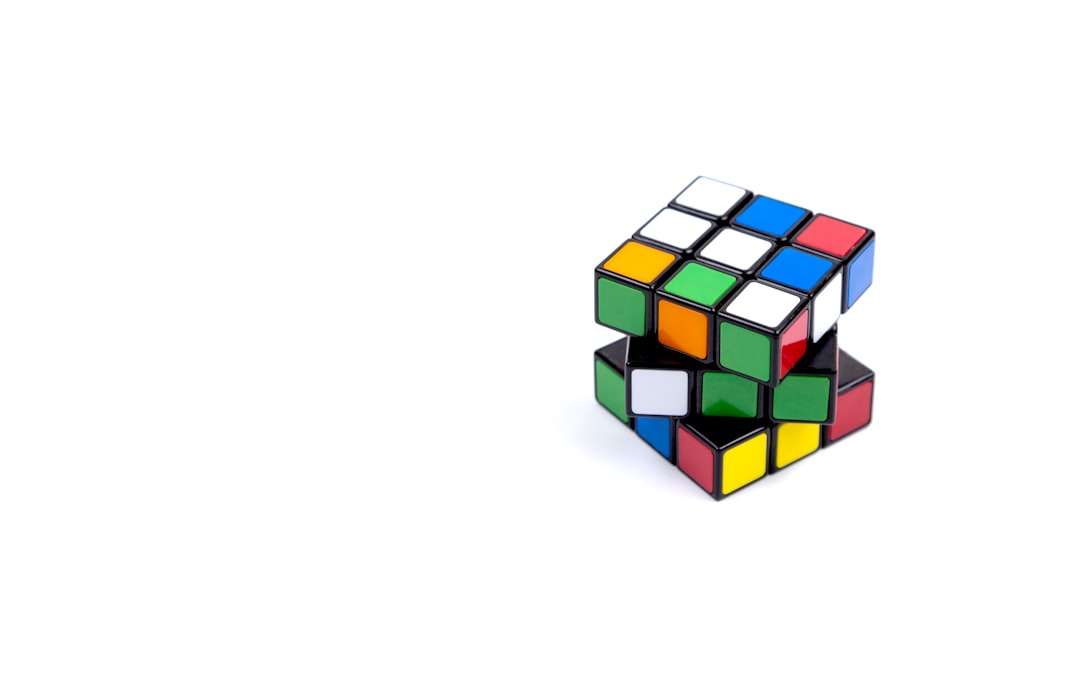What if the life you want is just one habit away?
Self-development is the journey of becoming your best self — growing in confidence, mastering your mindset, and building the skills to succeed in every area of life. Whether it’s improving your focus, setting smarter goals, or learning to manage stress, self-development empowers you to move forward with purpose. Studies show that people who actively work on personal growth report higher satisfaction, stronger relationships, and more resilience in the face of challenges.

The good news? You don’t need a major life overhaul to begin. Even small steps, like journaling for five minutes, listening to a motivational podcast, or reading one chapter a day — can lead to powerful results over time. If you're ready to stop feeling stuck and start taking control, this guide is your next step in the self-development journey.
The power of mindset in self-development
Having the right mindset shapes how a person faces life's challenges and grows from them. Studies show people with a growth mindset are more likely to improve their skills, even after setbacks. Reframing mistakes as learning moments is a powerful shift.
Example:
Jessica struggled in math but, by focusing on effort over talent, she raised her grades over a semester.
Action Steps to Strengthen Mindset
- Embrace new challenges each week
- Reflect on setbacks to find lessons
- Practice positive self-talk using techniques from Positive Thinking
Helpful Books & Tools
| Type | Example |
|---|---|
| Book | 10 Best Mindset Books To Help You Achieve Big Goals in 2025 |
| App | Habit trackers like Habitica or Coach.me |
| Community | Join local or online self-growth groups |
Adopting a flexible mindset takes effort, but small daily habits make a big difference over time. Even reading a few pages from top self-growth books or listening to motivational podcasts can inspire new ways of thinking.
Goal setting and action planning for self-development
Setting goals is a key step in personal growth. People who write down their goals are 42% more likely to achieve them. Making goals clear and specific helps keep motivation high. Using the SMART framework—which is Specific, Measurable, Achievable, Relevant, and Time-bound—can make each goal easier to reach.
Example Goal Table:
| Goal | Steps to Achieve | Deadline |
|---|---|---|
| Learn basic coding | Take online course | 3 months |
| Improve fitness | Exercise 30 min daily | 2 months |
After setting goals, break them into smaller actions. For instance, if the goal is to read more, aim to read 10 pages each night. Tracking progress with an app or a simple checklist keeps things on track. Reviewing progress every week and making changes when needed helps people stay focused. Books like Atomic Habits can also give useful tips for building better routines.
Time management and productivity techniques

Managing time well helps people reach their goals. Students, workers, and anyone with busy lives can improve by planning their day carefully. Tracking how time is spent each week can show where they can cut back on unimportant tasks. Many people find it helpful to list their tasks and put the most important ones at the top.
Some effective methods include:
- Pomodoro Technique: Work for 25 minutes, then rest for 5 minutes. Repeat this cycle to stay focused.
- Time-blocking: Set aside blocks of time for certain tasks, making it clear what should be done when.
| Productivity Method | What It Does | Good For |
|---|---|---|
| Pomodoro Technique | Boosts focus with breaks | Short, focused tasks |
| Time-blocking | Organizes schedule | Big projects or routines |
Using simple tools like calendars, to-do lists, or apps also helps. Turning off phone notifications or making a “no interruptions” rule can create a better space for working.
For those who often put things off, looking at strategies for overcoming procrastination can be beneficial. Books that cover time management, such as those featured in top-rated productivity books, can provide extra tips for building good habits.
Regular breaks and planning downtime are just as important as working hard. Balancing work and rest helps prevent burnout and keeps motivation high.
Effective communication skills for personal growth

Good communication can help a person build trust, solve problems, and enjoy better connections with family, friends, and coworkers. Studies show that people who listen actively and express their thoughts clearly are 30% more likely to succeed in group tasks.
Key communication skills include:
- Active listening: Paying close attention, making eye contact, and noticing body language.
- Empathy: Understanding how others feel and respecting their point of view.
- Clear expression: Using simple words and speaking confidently.
- Openness to feedback: Willingness to listen and make changes.
| Skill | Example Action |
|---|---|
| Active Listening | Nodding during a conversation |
| Empathy | Saying, “I understand you” |
| Clear Expression | Speaking in short sentences |
| Openness to Feedback | Asking, “How can I improve?” |
Tools like communication apps (e.g., Slack, Microsoft Teams) and helpful books, such as Crucial Conversations, can guide people in becoming better communicators. Taking small steps, like practicing listening every day, can lead to strong personal growth.
Building Self-Confidence and Overcoming Self-Doubt
Self-confidence helps people face challenges and try new things. Most individuals have doubts at times, but these can be challenged and changed. Many start by recognizing negative thoughts and switching them for positive self-affirmations. A helpful step is writing down a list of strengths as a reminder of personal achievements.
Action Steps:
- Set small, reachable goals
- Practice positive self-talk
- Celebrate successes, no matter how small
- Spend time with supportive people
- Step outside your comfort zone
A 2024 survey found that 61% of people feel more confident after setting and meeting small goals. Building confidence is a journey, not a fast result. Even small achievements can have a big impact over time. For more ways to get started, check out some proven strategies for building self-confidence.
| Self-Doubt Triggers | Confidence Boosters |
|---|---|
| Fear of failing | Breaking big tasks into steps |
| Comparing with others | Focusing on personal progress |
| Negative self-talk | Practicing daily affirmations |
Useful tools include journals, positive reminders, and helpful books. Apps that track goals can help show daily progress and make the journey clearer.
Building Strength and Handling Pressure
Resilience means bouncing back after setbacks. Studies show that people with strong resilience are 30% more likely to achieve their goals. A positive mindset helps them focus on progress, not just problems. When someone faces a tough test or loses a game, they can look for the lesson instead of feeling defeated.
Managing stress is also important. Simple tools like deep breathing, going for a walk, or using apps such as Calm or Headspace can make a big difference. Regular exercise and healthy sleep routines give the mind time to recover. Support from friends or mentors is very helpful during hard times.
Action Steps:
- Keep a gratitude journal
- Talk to someone you trust
- Try guided meditation
This table shows easy ways to boost resilience:
| Approach | Example |
|---|---|
| Positive Self-talk | “I can handle this.” |
| Break challenges down | One step at a time |
| Learn from mistakes | Try again differently |
Discover more on mastering resilience and practical ways to navigate pressure. For those looking for book recommendations, "Option B" is a helpful guide on facing tough situations and growing stronger.
Emotional intelligence and self-awareness
Emotional intelligence means understanding feelings, both your own and others'. Someone with strong self-awareness can notice their moods, reactions, and strengths. Studies show people with high emotional intelligence often have better relationships and make wiser decisions.
Quick Stats
| Skill | Benefit |
|---|---|
| Self-reflection | Less stress |
| Mindfulness | More focus, calm |
| Empathy | Stronger relationships |
Ways to build self-awareness include journaling, practicing mindful meditation, and trying self-discovery activities. They might also use a mood-tracking app to spot emotional patterns.
Empathy grows when people truly listen and try to feel what others feel. Books and tools like Emotional Intelligence 2.0 and helpful self-awareness resources can offer guidance for improvement. A simple habit like checking in with your emotions each day can make a real difference.
Continuous learning and personal growth
Personal growth thrives when people commit to learning every day. Simple actions, like reading one book each month, can lead to new skills and fresh ideas. Many find that exploring podcasts helps build strong habits for self-improvement—check out some of the best personal growth podcasts for motivation.
A growth mindset means believing that effort leads to progress, not perfection. Table 1 below shows popular ways individuals keep growing:
| Method | Example |
|---|---|
| Reading Books | "Mindset" by Carol Dweck |
| Listening to Podcasts | Weekly learning routine |
| Attending Seminars | Local workshops |
| Conversations | Learning from others |
Trying out psychology books or talking with inspiring peers can spark new ideas. Taking small steps, like setting a regular study schedule or joining a community group, makes learning easier and more fun.
Conclusion: Embracing a Lifelong Path of Personal Growth
Your growth journey starts today.
Self-development is a lifelong path, and it begins with one small action. Whether you're reading a new book, setting your first SMART goal, or improving your emotional awareness, every step matters. Explore even more helpful tools in our Books & Podcasts section, and don’t miss the importance of personal development for long-term success.
Ready to go deeper? Browse the full Tentdec18 blog or follow Ryan Barbara’s story to stay inspired.
Frequently Asked Questions
How can someone begin their self-development journey right now?
Set a small, clear goal — like reading 10 minutes a day or writing three things you're grateful for each morning.
Get inspired by reading self-development books.
What are simple self-growth habits for beginners?
Keep a journal with Day One or Google Keep.
Walk 15 minutes daily to refresh your body and mind.
Break big goals into steps using the SMART framework.
Why is self-development important for long-term success?
Self-development improves focus, confidence, and goal achievement.
Research from LinkedIn shows 94% of employees stay longer when companies invest in their growth.
Personal growth leads to better decision-making, problem-solving, and emotional balance.
What tools and books can help with self-growth?
| Area | Tool / Resource |
|---|---|
| Habit Tracking | Habitica, Notion |
| Goal Planning | Todoist, Trello, Google Calendar |
| Book Recommendation | Atomic Habits, Mindset |
| Mindfulness | Headspace, Calm |
| Learning | Psychology Books, Duolingo |

